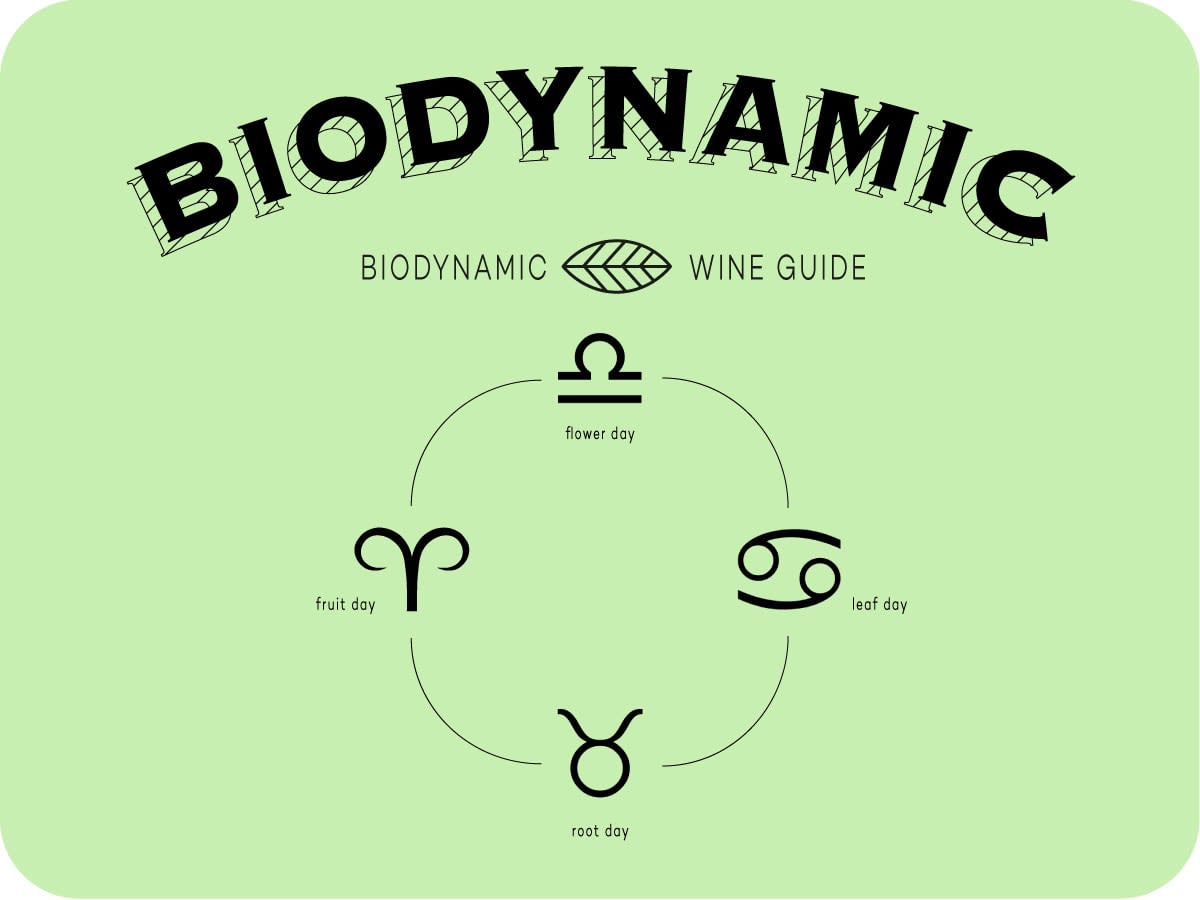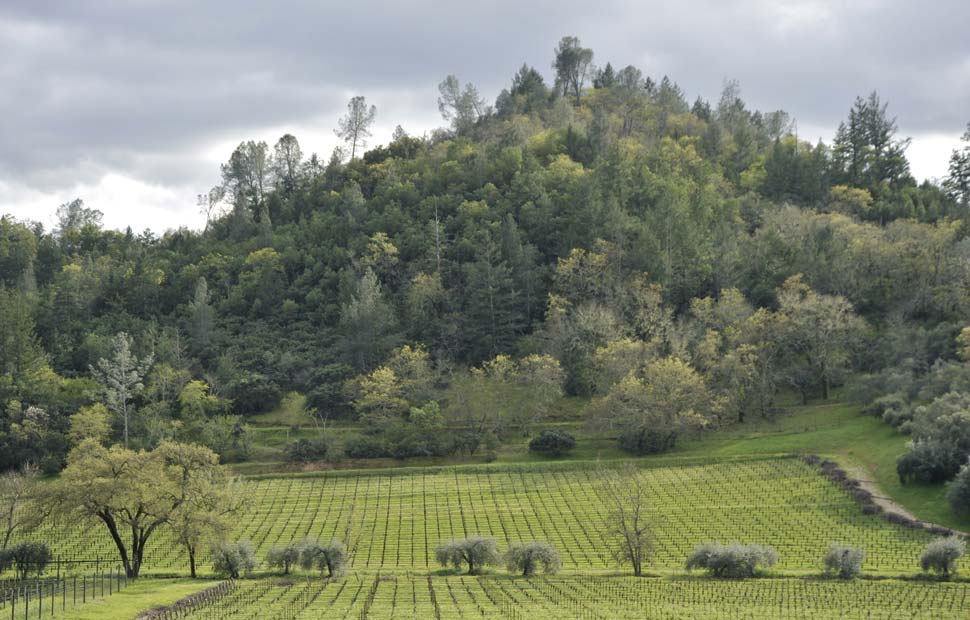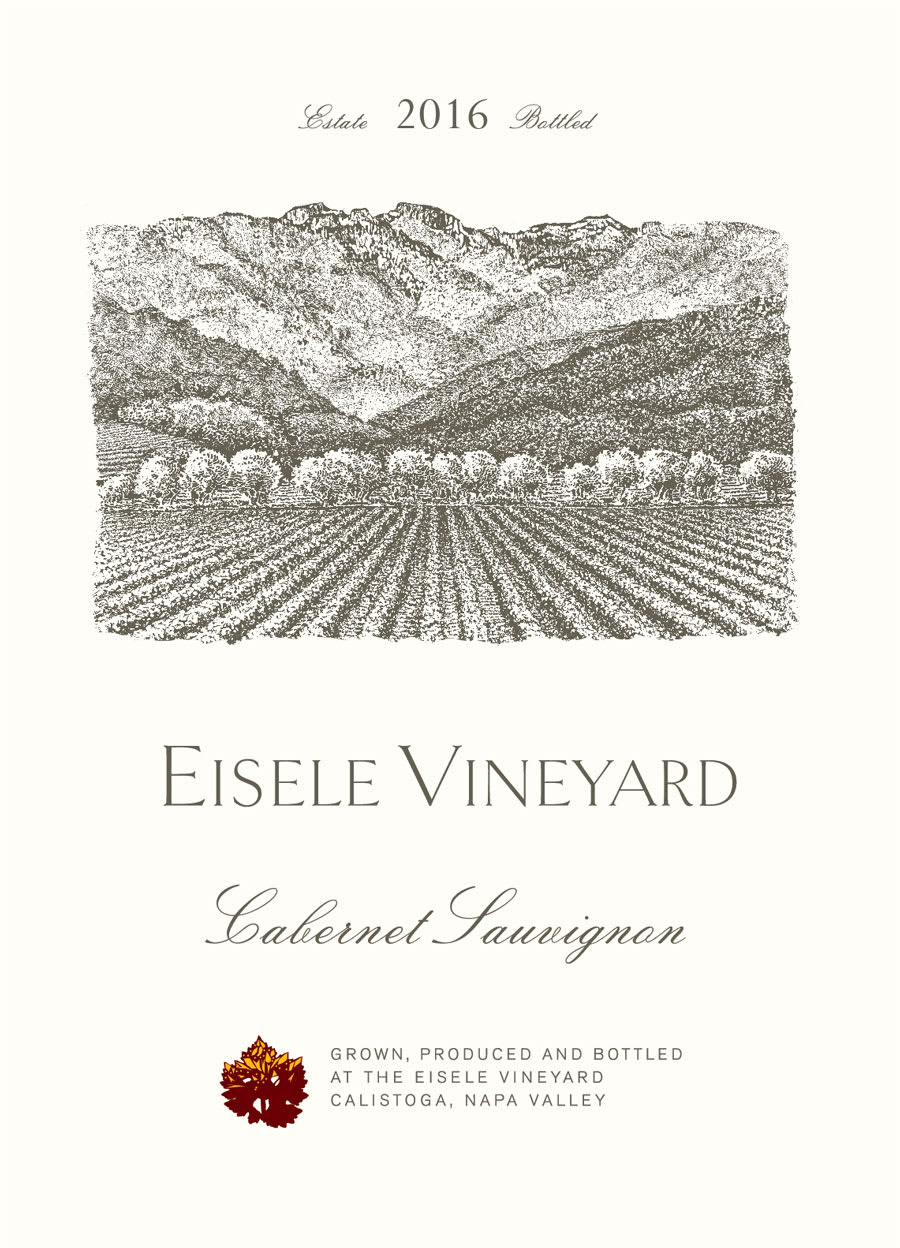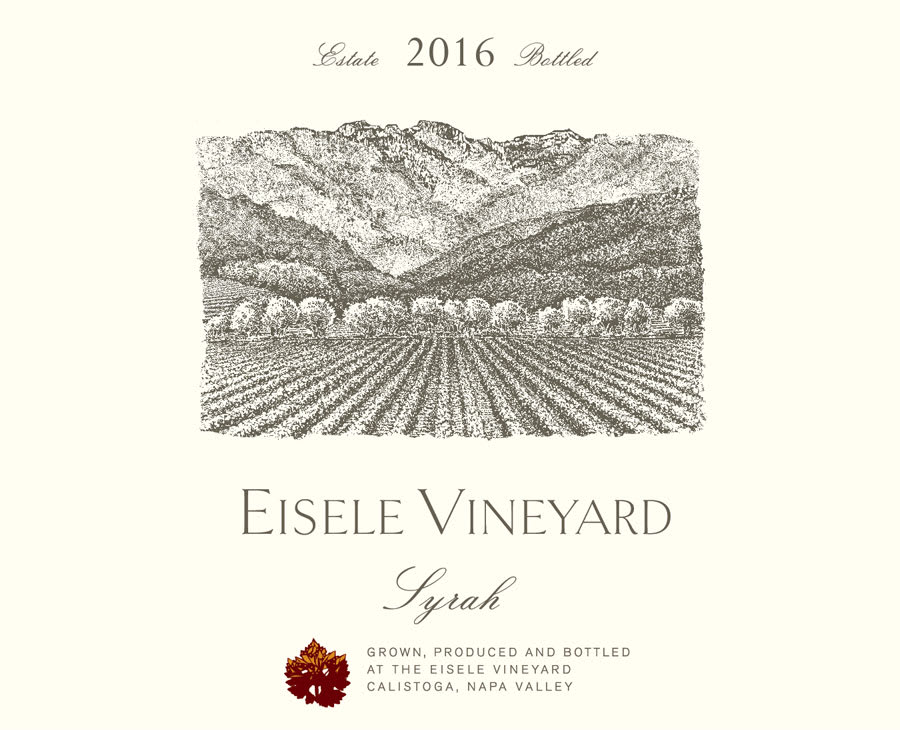If you live in Santa Monica and want to taste Biodynamic wine, where would you go?
What does it mean "Biodynamic" wine?
Some wines tell us a story… From living soils and pest-resistant vines, to the warmth of the sun and cycles of the moon. Unadulterated aromas from winemakers who do not produce their wine but accompany it.
These are wines from biodynamic cultivation. Wines with character.
Before you pop the cork, read this comprehensive guide to biodynamic wine and farming practices, with everything you need to know.
Biodynamic wine is the product of winemaking with the lowest intervention possible:
- no chemicals to artificially nourish the soil
- no pesticides for short-term crop defense
- no additives for post-harvest corrections
Biodynamic wine is the result of farming that encourages balanced and resilient land that is at its best without manipulation.
Biodynamic philosophy involves farming in sync with the lunar calendar. This schedules planting, pruning and harvesting according to the moon’s cycles in order to harness nature’s energy and rhythms.
Source: Wine Folly
Each biodynamic calendar day coincides with one of the four classical elements of Earth, Fire, Air and Water that have been used since before Plato’s era:
- Fruit Days: Best days for harvesting grapes
- Root Days: Ideal days for pruning
- Flower Days: Leave the vineyard alone on these days
- Leaf Days: Ideal days for watering plants
How to Find Biodynamic Wines
Biodynamic wines must be certified. The strict rules and regulations are overseen by 2 governing bodies:
- Demeter International provides a resource of their Demeter Biodynamic Wines (Access the list by selecting “Processed Product” —> “Wine”)
- Biodyvin certifies only 100 European wineries. Biodyvin Biodynamic Wines
“Made with Biodynamic Grapes” means the grapes are grown using biodynamic farming, but some intervention in the winemaking process is permitted.
The other certification is the Demeter symbol (sounds like ‘DIM-itter’), which means no intervention and one hundred percent biodynamic practices from soil to bottle.
What we like about the Demeter symbol is that it provides the third-party verification that biodynamic practices are used growing and harvesting the grapes, and that land and crop integrity is scrupulously preserved throughout the winemaking process.
Wines with Demeter certification.
Why do we need certifications?
Certifications provide consistent standard buyers can rely on.
As required for any winemaker boasting the Demeter biodynamic certification, there’s no adding of sugar or sulfites, unlike with traditional winemaking. Instead, winemakers respects the natural flavor of biodynamic grapes, which are delicious because they’ve been exceptionally well cared for throughout the biodynamic process. To become a certified biodynamic farm, at least 10% of the land must be untouched and uncultivated to allow wildlife to flourish.
How Certifications laws different from Labeling laws?
Labelling laws vary from state to state muddying the waters for many labels we recognize on our wine.
If a bottle says “Pinot Noir” what does it mean?
If a bottle says “Pinot Noir” and it is from California, state law only actually requires it to be 75% pinot noir. Oregon, the strictest on labelling, requires it to be 95%. Some winemakers such as Brooks guarantees that every bottle of wine is 100% the varietal it is labeled as.
My Favorite Biodynamic Wineries:
IL BORRO, TUSCANY, ITALY
Seen from above, this part of the Valdarno valley appears like a flat valley floor; nonetheless, a closer look reveals a landscape that is much more dramatic with sharp hills, narrow river beds, mixed woods and undulating fields. Each individual wine is the result of a careful study of the Estate’s terrain where different vine varieties have been planted in order to achieve the best expression of our terroir.
The entire estate is based on the exclusive use of natural fertilizers and organic pesticides for the cultivation of the vineyards. The estate completed its conversion to the organic method in 2015.
As of 2012, all chemical products were totally eliminated and vineyards started to be managed according to the principles of organic agriculture, with the inclusion of some biodynamic procedures aimed at increasing product sustainability. The goal of our sustainable organic philosophy is to create a closed company productive cycle and to favor biodiversity through the creation of complex ecosystems.
Bonny Doon Red & White wines from the Santa Cruz Mountains, CA
On a spirited adventure to make naturally soulful, distinctive, and original wine.
In the intervening years, the focus of the winery has been to spend far more time working with vineyards in improving their practices, as well as on making wines with a much lighter touch – using indigenous yeast whenever possible, and more or less eschewing vinous maquillage, (at least not to Tammy Faye Bakker-like levels). Recently, Randall has purchased an extraordinary property in San Juan Bautista, which he calls Popelouchum, (the Mutsun word for “paradise,”) where he is profoundly intent on producing singular wines expressive of place. There are also very grand plans afoot to plant a dry-farmed Estate Cigare vineyard. #staydooned.
EISELE VINEYARD, Calistoga, Napa Valley U.S.A.
The heart of the Estate is the Eisele Vineyard, an iconic and historical vineyard that
leaves an indelible mark on the wines that are grown there.
WINES
At Eisele Vineyard winemaking takes a back seat to terroir, and respect for the fruit is essential. There is no signature, no dogma or style of wine we are trying to achieve.
Wines from the Eisele Vineyard consistently carry the stamp of depth and balance that has characterized wines from this place since 1971. They will speak with purity and intention, in the clear voice of their singular terroir.
CABERNET SAUVIGNON
To produce the estate's flagship wine, three quarters of the 38-acre Eisele Vineyard is dedicated to Cabernet Sauvignon and its companion varieties, Cabernet Franc and Petit Verdot. The resulting wine is an intense expression of the Eisele Vineyard terroir, exhibiting characteristic flavors of cassis, blackberry, cedar and chocolate, with a lingering mineral finish. Cabernets from the Eisele Vineyard are highly regarded for their complexity, concentration, weight without heaviness, silky texture and ability to age for decades. Source: Eisele
SYRAH
Syrah was first planted on the estate in 1978. After making wine from the few remaining vines in 1991 and 1993, a serious commitment to this ancient and noble grape was made, increasing the plantings in the vineyard. Eisele Syrah is a profound, mysteriously compelling wine that reveals yet another aspect of the Eisele Vineyard's unique terroir.
Other Biodynamic Wine Producers:
-
- Benzinger Family Winery Red & White wines from Sonoma, CA
- Bonterra Vineyards by Fetzer Winery Red wines from Mendocino County, CA
- Michel Chapoutier Red & White wines from the Rhône Valley, France
- Nicolas Joly White wines from the Loire Valley, France –one of the earliest converts
- Domaine LeRoy Red & White wines from Burgundy, France
- Cristal Champagne by Louis Roederer Champagne, France
- Domaine Zind-Humbrecht Aromatic white wines from Alsace, France
You can taste the wines above at my favorite place called Wally's.
It's located:
- 214 Wilshire Blvd, Santa Monica, CA 90401 (424) 293-5500









